About Us
Introduction to CoST
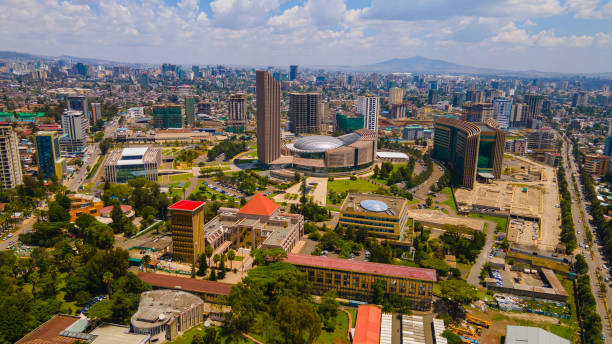
Why is CoST Necessary?
- Public sector infrastructure projects make a major contribution to economic growth and poverty reduction but mismanagement and corruption during the planning, implementation and monitoring of construction projects can undermine the expected social and economic benefits.
- Recent studies show that corruption in public construction contracts is widespread, with bribes often accounting for ten percent or more of the contract price. Corruption allows unnecessary, unsuitable, defective and dangerous construction projects – buildings that collapse and roads that break up. Corruption also undermines the rule of law and hinders the development of strong and accountable institutions that are essential for economic growth and social justice.
- The effects of mismanagement and corruption are especially hard on the poor, who are most reliant on the provision of public services.

What is CoST’s Objective?

- CoST’s aim is to enhance the accountability of procuring bodies and construction companies, focusing on the cost and quality of public-sector construction projects. The core concept is to ‘get what you pay for’. The ‘you’ being national governments, affected stakeholders and to the wider public. The main emphasis of CoST is on the period between contract award and the final build.
How does CoST Work?
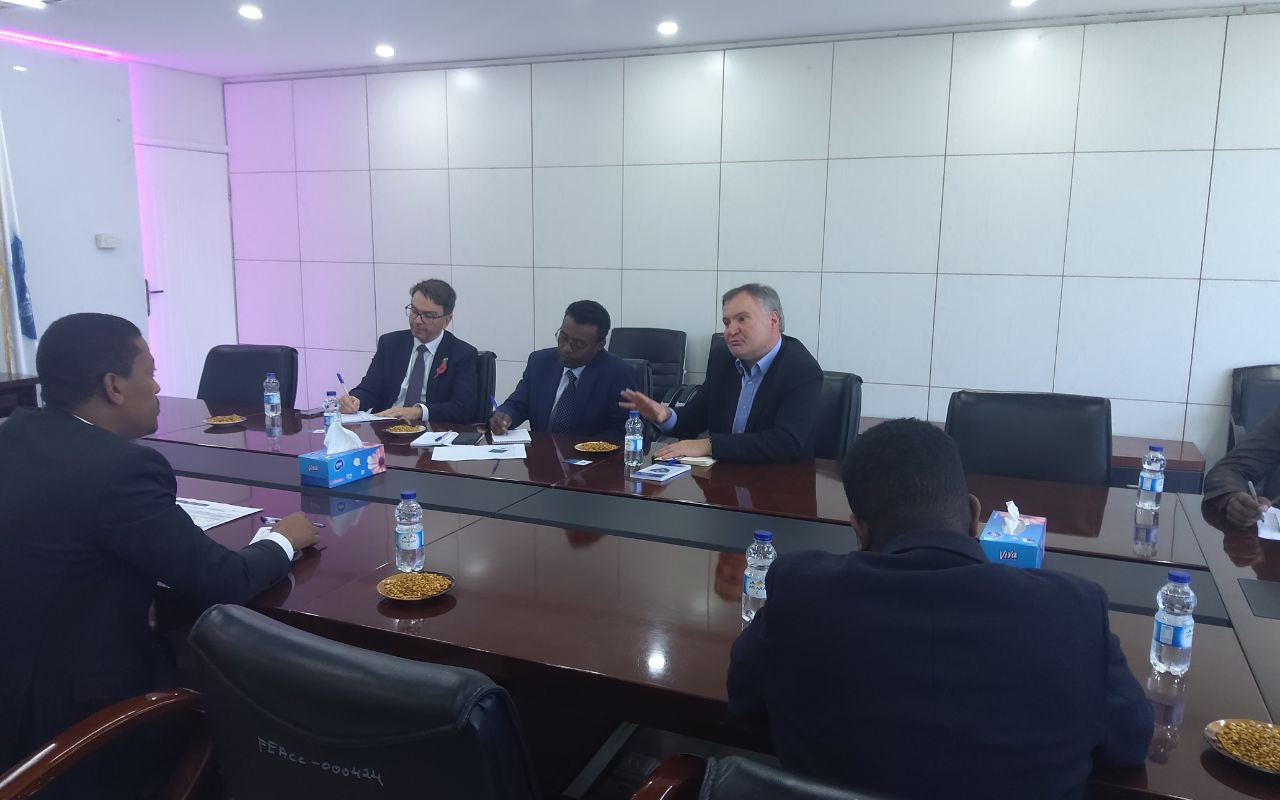
- CoST provides for the publication of material project information on a selection of construction projects. ‘Material’ in this context is intended to indicate that sufficient information be provided to enable stakeholders to make informed judgments about the cost and quality of the infrastructure concerned. The data publication include, for example, a description of the project; its purpose and location and, at the implementation stage, summary details of the original and final: project specification, project cost, contractor and completion dates.
- The publication of data also include justification for any significant differences between the original and final information, as well as project evaluation and completion reports. Publication of raw information on its own is unlikely to be sufficient to achieve greater accountability due to its complexity. The publications need to be reviewed and analyzed to ensure that they are comprehensible to all stakeholders. CoST introduces a structure to meet this need.
Principles on which CoST is based

CoST is a voluntary initiative applicable to any country and any government department or agency with responsibility for public-sector construction projects. The principles which underpin CoST reflect a shared stakeholder commitment to transparency and accountability. They are:
- Projects should promote sustainability. Public sector infrastructure projects should support sustainable economic growth that contributes to sustainable development and poverty reduction. Mismanagement during construction can undermine potential social and economic benefits and value for money.
- Governments should be accountable. Citizens have a right to know that their money is being used wisely. The procurement and management of public sector construction projects should be sufficiently transparent for government to be held accountable.
- Transparency can improve efficiency. Basic project information, disclosed throughout the entire project cycle, can provide an effective way to improve value for money in construction by reducing opportunities for corruption and increasing scrutiny.
- Transparency promotes investor confidence. Domestic and foreign direct investment is likely to be increased by transparency in the management of construction projects.
- Multi-stakeholder co-operation is important. Experience shows that multi-stakeholder working between the public and private and sectors and civil society improves transparency and gives greater confidence to citizens that all points of view are being taken into account. A multi-stakeholder group (MSG) oversees the implementation of CoST in each country. It is formed from representatives of government and procuring agencies, the construction industry, professional associations, financial organizations, investors and civil society organizations.
Potential benefits of CoST
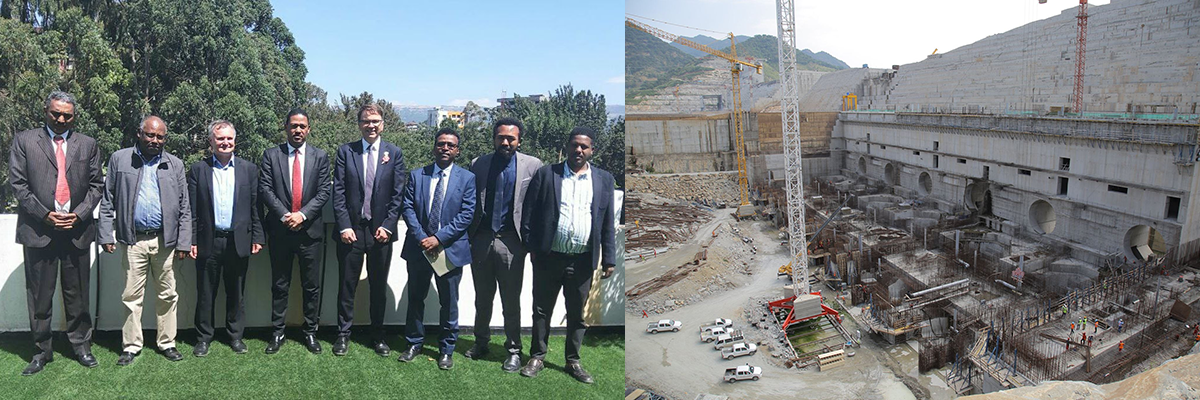
The Infrastructure Sector Transparency Initiative (CoST) offers a range of potential short and long-term benefits to stakeholders and participating bodies:
Overall
- Enhanced accountability of procuring entities and contractors for the cost and quality of public sector construction projects through strengthened accountability mechanisms.
- Improved management of public finance and strengthened governance of public construction projects.
- Greater efficiency of public procurement of infrastructure projects, leading to higher quality infrastructure at lower cost.
Procuring bodies can benefit from:
- Improved efficiency and transparency of the contract management process.
- Greater public confidence in the procuring bodies.
- Increased likelihood of competent contractors being engaged.
- Improved quality of construction and fewer delays.
- Less corruption and wastage.
Public financial management bodies can benefit from:
- Better management of public finances.
- Fewer opportunities for corruption.
- Improved governance likely to improve business confidence and trust, and increase prospects for investment.
- Improved financial management recognized by ratings agencies and financial institutions, thereby providing better access to private capital.
Construction companies and associations can benefit from:
- Greater confidence that a ‘level playing field’ exists.
- Improved prospects that contract award, implementation and payment schedules will be fair and open.
- A reduced likelihood of risk to reputation through association with corrupt or failed projects.
- Better financial risk management leading to better access to private capital and more favorable lending terms.
Civil society can benefit from:
- Better outcomes for public-sector investment, in terms of value for money and responsiveness to the interests of society.
- Greater opportunities for public involvement in governance.
- Assurances that corruption is being tackled.
Donors and providers of finance or loan guarantees can benefit from:
- Reduced credit risks.
- Better return on investments.
- Funds provided are more likely to achieve objectives.
International partners can benefit from:
- A greater likelihood that funds directed to construction projects will achieve stated development impacts.
- Greater potential for cross-sectorial initiatives.
Governance
CoST Ethiopia has enjoyed strong and effective political support from the Champion, since after its reformation in May 2023.
Champion
| Title | Name | CoST Role | Sector | Institution | Organizational Role/Title | Photo | Logo |
|---|---|---|---|---|---|---|---|
| PhD | HE Samuel Urkato | Champion | Government | Federal Ethics and Anti-corruption Commission | Commissioner |  | 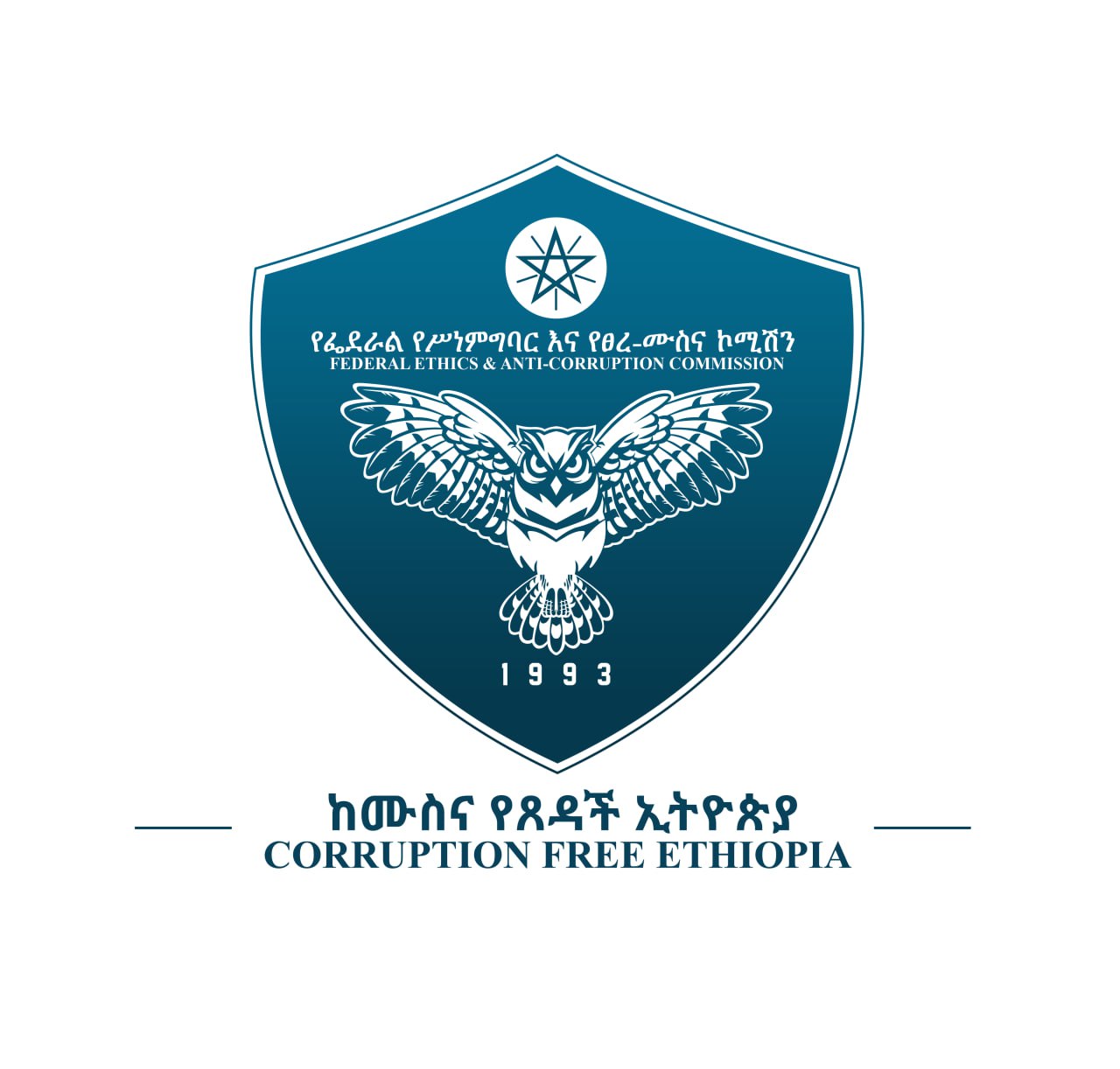 |
……….
National Multi-stakeholders Group Executive Committee (NMSG-EC)
It is overseen by CoST Ethiopia’s National Multi-Stakeholder Group Executive Committee which comprises the following representatives.
| Title | Name | CoST Role | Sector | Institution | Organizational Role/Title | Photo | Logo |
|---|---|---|---|---|---|---|---|
| Mr. | Tewodros Getachew | Chair | CSO | Ethiopian Federal Bar Association | President | 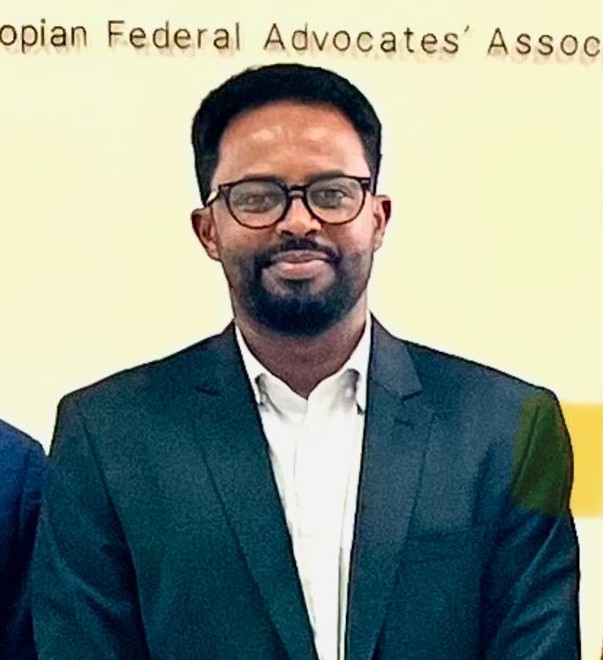 | 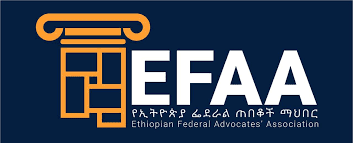 |
| Mr. | Yonas Ayalew (Eng.) | NMSG Vice Chair | Private | Ethiopian Civil Engineers Association | President | 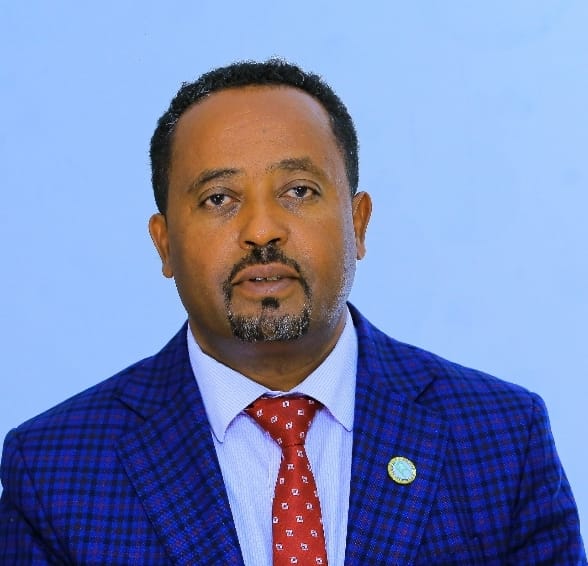 |  |
| Mr. | Adane Melles | NMSG Secretariat | Government | Federal Ethics and Anti-corruption Commission | CEO, Asset Registration, Verification and Conflict of Interest Prevention. | 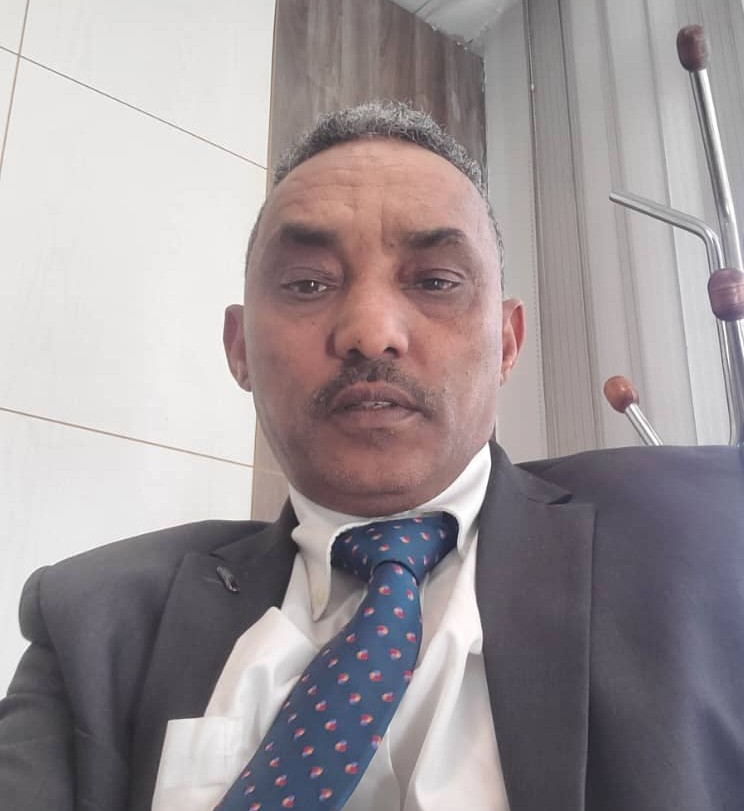 |  |
| Mrs. | HE Tirumar Abate | NMSG Member | Government | Ministry of Plan and Development | Deputy Minister | 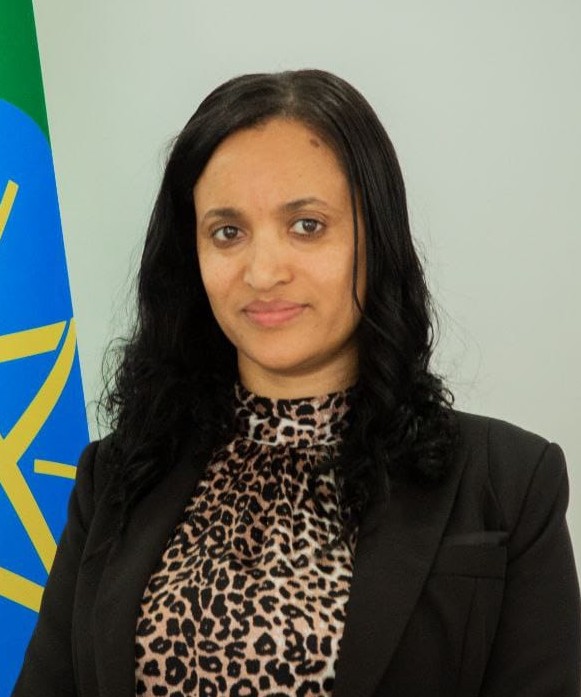 | 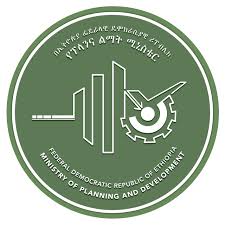 |
| Mrs. | HE Helen Debebe | NMSG Member | Government | Ministry of Urban and Infrastructure | Deputy Minister |  | 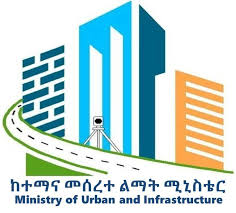 |
| Mr. | Woldeab Demisssie | NMSG Member | Government | Public Procurement and Property Authority | Deputy Director General |  | 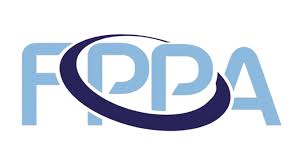 |
| Mr. | Mesfin Negawo (Eng.) | NMSG Member | Government | Ethiopian Construction Authority | Director General |  |  |
| Mr. | Kassahun Follo | NMSG Member | CSO | Confederation of Ethiopian Trade Unions | President |  |  |
| Mr. | Theodros Zewudie | NMSG Member | Private | Construction Contractors Association of Ethiopia | Manager | 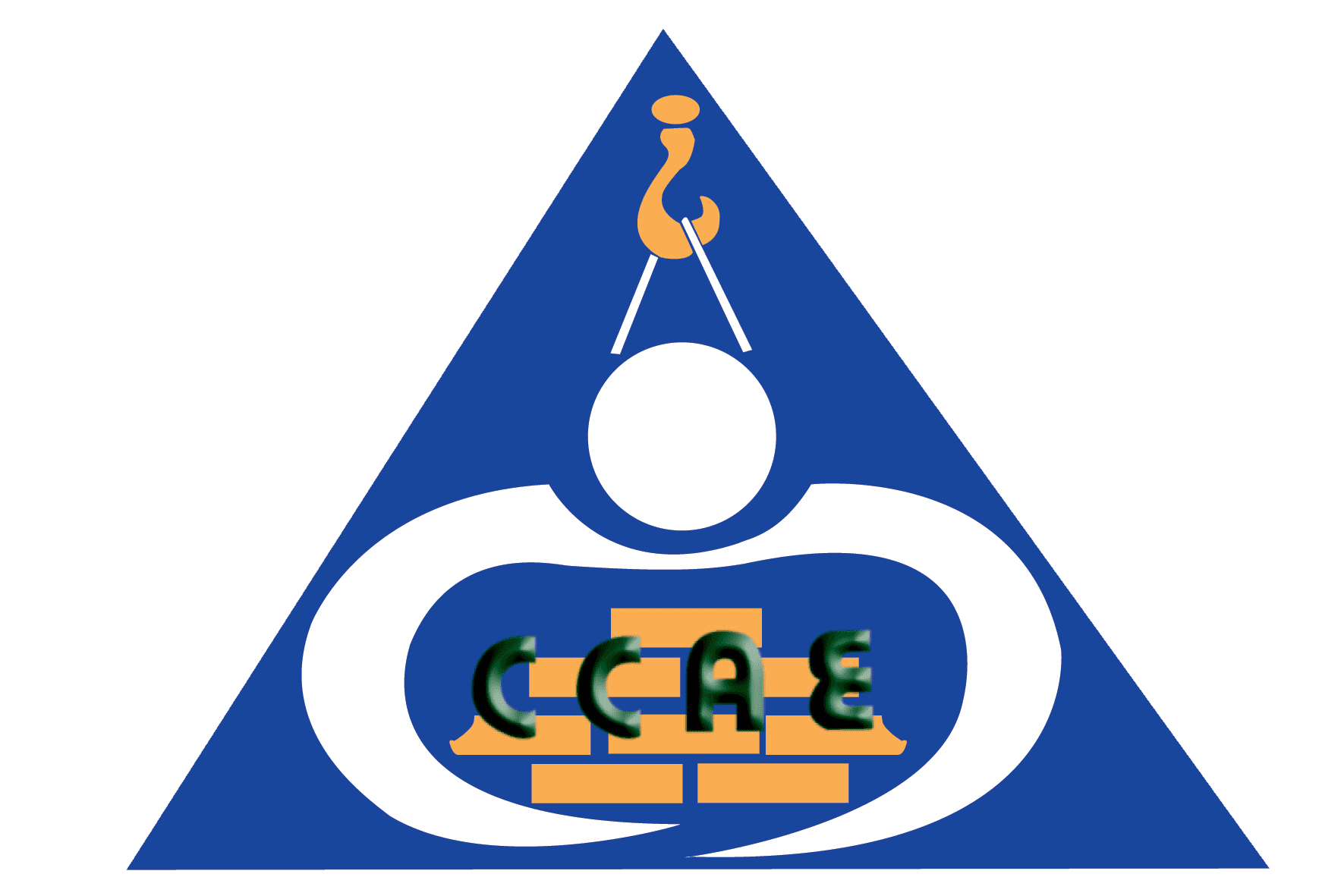 | |
| Mr. | Dawit Ergicho (Eng.) | NMSG Member | Private | Ethiopian Consulting Engineers and Architects Association | President |  | 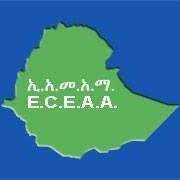 |
| Mrs. | Tarikua Weldemedhin | NMSG Member | Academia | Arba Minch University | Vice President |  | 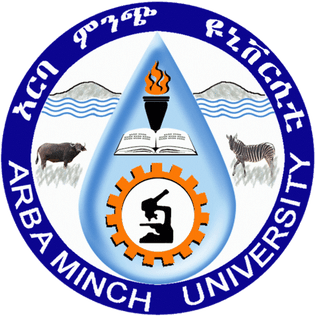 |
| PhD | Temsegen Wondimu | NMSG Member | Academia | Addis Ababa Science and Technology University | Vice President |  | 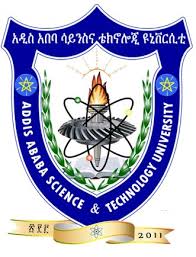 |
………..
Host Institution
| Title | Name | CoST Role | Sector | Institution | Organizational Role/Title | Photo | Logo |
|---|---|---|---|---|---|---|---|
| Mr | Zelalem Liyeh | Host focal person to CoST Ethiopia | Government | Federal Ethics and Anti-corruption Commission | Project Administration, Resource Mobilization and International Relations Unit Head |  |  |
………..